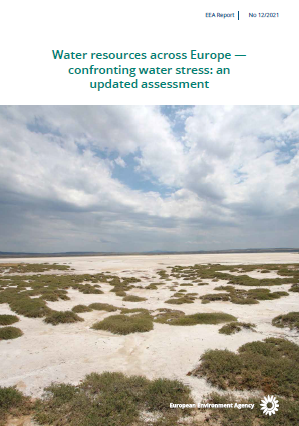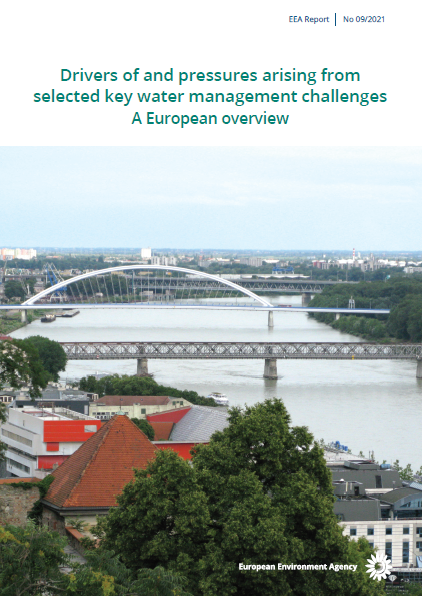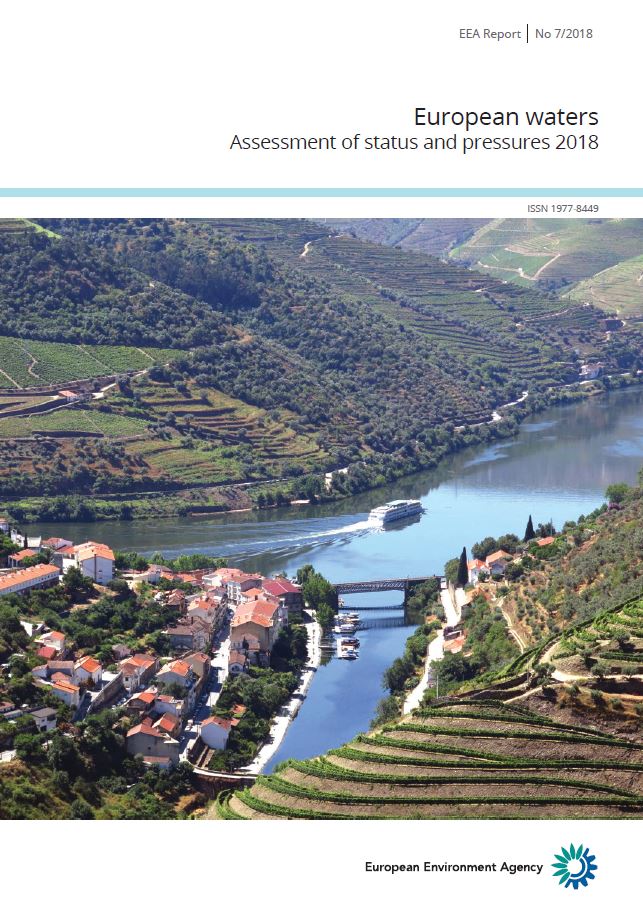As part of its work within the ETC-ICM, Ecologic Institute has contributed as lead author to a new European Environment Agency (EEA) report examining the multiple pressures that agriculture put on Europe's water. The report shows that that a wider uptake of sustainable agricultural practices such as organic farming, agroecological approaches and nature-based solutions is necessary to protect the water environment. To achieve this, ambitious measures to promote sustainable agriculture must be adopted in the upcoming EU common agricultural policy 2021-2027.
The EEA recently reported that around 50 % of surface water bodies and 25 % of groundwater bodies in the 28 EU Member States and Norway are not achieving good status according to the Water Framework Directive (WFD), in part due to pressures from agriculture. Reducing pressures from agricultural activities is key to achieving good status of all surface water and groundwater bodies. Agriculture impacts Europe’s waters through nutrient and chemical pollution, water abstraction and physical changes in habitats due to water storage and land drainage. In addition, climate change are exacerbating these pressures across Europe.
Provision for a wide variety of management measures to tackle agricultural pressures on the water environment already exists within the EU policy framework, mainly focused on efficiency gains in the use of nutrients pesticides and water. This has led to some improvements. However, overall, pressures remain at unsustainable levels with high nitrogen surpluses and over-abstraction in large parts of Europe and few signs of further improvement over the past 10 years.
It is unlikely that further incremental efficiency gains in the use of nutrients, pesticides or water will be sufficient. The new EEA report "Water and Agriculture: Towards Sustainable Solutions" shows that the wider uptake of sustainable agriculture, in the form of agroecological practices, organic farming and nature-based solutions, is essential for achieving the objectives of the WFD. They would also reduce greenhouse gas emissions, enhance the long-term resilience of agriculture to climate pressures, and benefit biodiversity.
The EEA report also shows that achieving the reductions needed to reach water and other environmental targets requires a combined approach, changing both agricultural practices and consumer demands, which is supported by a transition in food and energy systems. The uptake of more sustainable farming systems depends critically on their being attractive to individual farmers and the stakeholders in value chains benefiting from agricultural production.
The scale of challenges facing Europe if it is to achieve sustainability at the interface between water and agriculture is enormous. The Water Framework Directive, together with other environmental legislation, climate policy, circular economy policies and the CAP instruments need to work together to maximise their effectiveness. The European Green Deal, together with the biodiversity 2030, farm-to-fork and climate adaptation strategies, and the upcoming restoration and zero pollution action plans provide fresh opportunities to engage in this transition. If fully implemented and operationalised, the ambitious new targets should provide the renewed impetus needed to move towards a more resilient and sustainable future.


